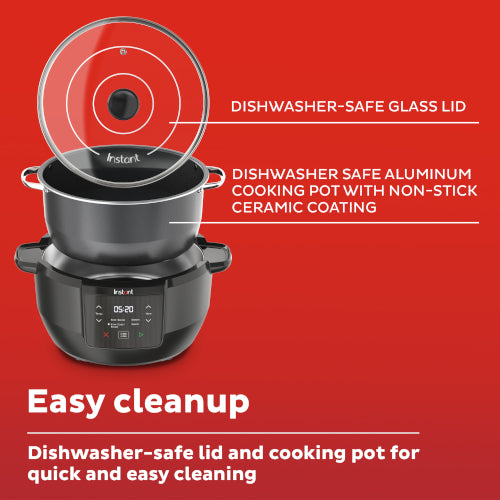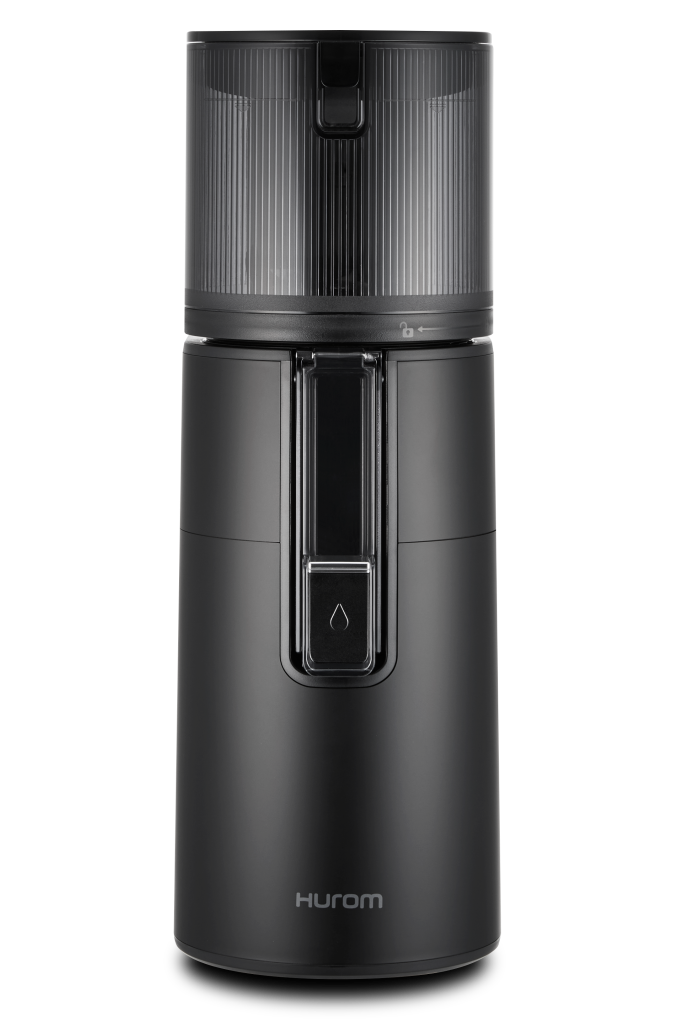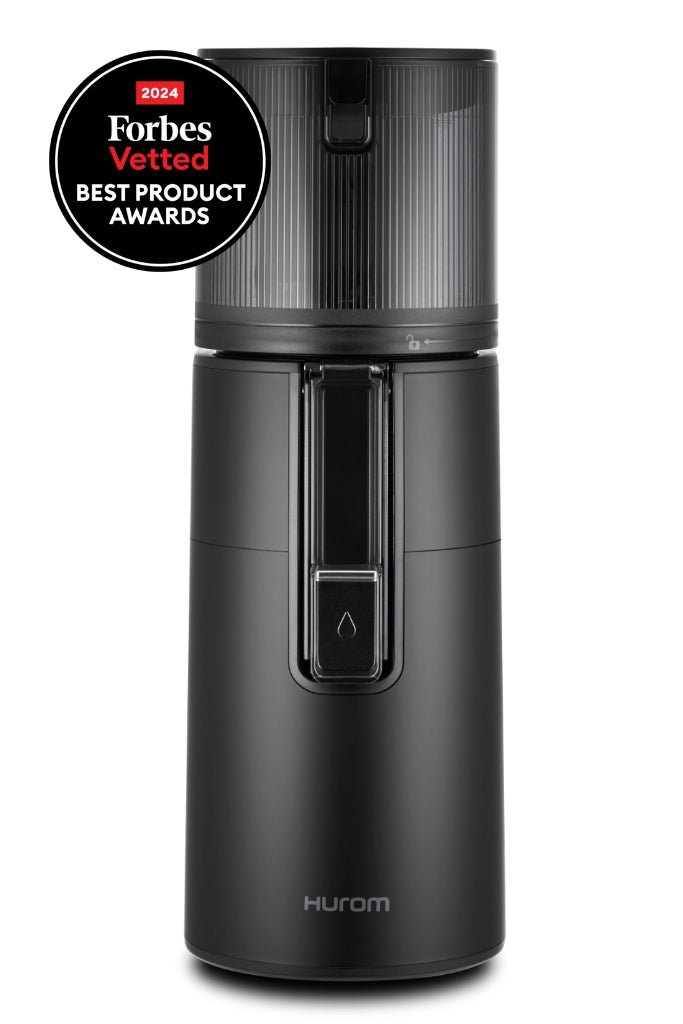Noticing your air purifier running slower after cleaning can be confusing. You cleaned it to make it work better, right?
This issue is common and can have several reasons behind it. After cleaning, your air purifier might run slower due to improper reassembly, clogged filters, or even a problem with the motor. Understanding these reasons can help you fix the issue and get your purifier back to optimal performance.
In this blog post, we will explore why your air purifier slows down after cleaning and what you can do about it. Keep reading to learn more and ensure your air purifier works efficiently.
Common Causes Of Slower Air Purifier
Have you noticed your air purifier running slower after cleaning? This can be frustrating. Understanding the common causes can help you resolve this issue quickly.
Incorrect Reassembly
Incorrect reassembly is a frequent cause of a slower air purifier. After cleaning, you might accidentally place parts incorrectly. This can obstruct airflow and reduce the purifier’s efficiency.
To avoid this, follow the manufacturer’s instructions carefully. Double-check each part’s placement before turning the device on.
Here is a simple checklist:
- Ensure filters are seated properly
- Check that all covers are secure
- Verify no parts are missing or misplaced
Residual Moisture
Residual moisture is another common issue. After cleaning, some parts might still be damp. Moisture can slow down the air purifier’s fan and reduce its effectiveness.
To prevent this, make sure all parts are completely dry before reassembly. You can air-dry parts or use a dry cloth to speed up the process.
Follow these steps to ensure dryness:
- Wipe each part with a dry, clean cloth
- Let parts air-dry for a few hours
- Reassemble the unit only when all parts are dry
Addressing these common issues can restore your air purifier’s performance. Proper maintenance ensures cleaner, healthier air in your home.
Filter Issues
Air purifiers play a vital role in maintaining indoor air quality. After cleaning, if the air purifier runs slower, it can be frustrating. One of the main reasons could be issues related to the filter. Understanding these problems can help you troubleshoot and ensure your device runs efficiently.
Improper Installation
Improper installation of the filter can significantly affect the performance of your air purifier. When reinstalling the filter, ensure it is aligned correctly. If the filter is not seated properly, it can cause airflow blockages. This misalignment can make the purifier work harder and run slower.
Here are some steps to ensure proper installation:
- Turn off the air purifier and unplug it.
- Remove the filter carefully.
- Check for any obstructions in the filter slot.
- Reinstall the filter, ensuring it fits snugly.
- Plug in the purifier and turn it on.
Clogged Filters
Clogged filters are another common issue. Even after cleaning, some dirt may remain. This residual dirt can block airflow and slow down the purifier. Regular checks and thorough cleaning can prevent this.
To clean your filters properly:
- Remove the filter from the air purifier.
- Use a vacuum to remove loose dirt.
- Wash the filter with water if it’s washable.
- Let it dry completely before reinstalling.
- Replace the filter if it’s too old or worn out.
Regular maintenance can keep your air purifier running smoothly. Always refer to the user manual for specific cleaning instructions.
Fan And Motor Problems
Cleaning your air purifier is essential. It keeps the air clean and fresh. But sometimes, the purifier runs slower after cleaning. This can be due to fan and motor problems. Understanding these issues can help you fix them and keep your purifier running smoothly.
Dust Accumulation
Dust can accumulate in the fan even after cleaning. This dust can slow down the fan’s speed. Make sure to clean the fan blades carefully. Use a soft cloth or brush for the best results. If the dust is hard to remove, try using compressed air.
Motor Malfunction
The motor is a crucial part of the air purifier. If it malfunctions, the purifier will run slower. Check for strange noises or vibrations. These can be signs of a motor problem. If you find any issues, contact a professional. They can inspect and fix the motor properly.
Sensor Malfunctions
After cleaning your air purifier, you may notice it running slower. One common reason is sensor malfunctions. Sensors play a key role in your air purifier’s performance. They detect air quality and adjust the fan speed accordingly. When sensors fail, your air purifier may not work efficiently.
Dirty Sensors
Dirty sensors are a frequent cause of sensor malfunctions. Dust and debris can cover the sensors during cleaning. This layer of grime can interfere with the sensor’s ability to read air quality accurately.
- Clean sensors gently with a soft cloth.
- Avoid using water or harsh chemicals.
- Ensure sensors are dry before reassembling the purifier.
Regular maintenance can help keep sensors clean. Check your air purifier’s manual for specific cleaning instructions. Some models have accessible sensor panels for easy cleaning.
Sensor Calibration
Sensor calibration is another factor in sensor malfunctions. Sensors may require recalibration after cleaning. This ensures they read air quality accurately.
- Turn off the air purifier.
- Unplug it from the power source.
- Wait a few minutes before plugging it back in.
- Turn on the air purifier and let it run for a few minutes.
If the issue persists, refer to your air purifier’s manual. Some models allow manual sensor calibration through specific settings. This process can vary based on the brand and model.
In summary, sensor malfunctions can cause your air purifier to run slower after cleaning. Focus on maintaining clean sensors and proper calibration. This will help your air purifier function efficiently.
Power Supply Concerns
After cleaning your air purifier, it might run slower. One common cause is power supply concerns. Ensuring a steady and strong power supply is crucial for the optimal performance of your air purifier. Let’s explore two common issues related to power supply.
Loose Connections
Loose connections can impact the performance of your air purifier. Wires or plugs may become loose after cleaning or moving the unit. This can result in insufficient power reaching the air purifier.
To check for loose connections:
- Inspect the power cord and plug for any signs of wear or damage.
- Ensure the plug is securely inserted into the outlet.
- Check internal connections if you feel comfortable doing so.
Addressing these issues can restore the power supply and improve the performance of your air purifier.
Voltage Fluctuations
Voltage fluctuations can also affect your air purifier’s speed. An unstable power supply can lead to reduced performance.
To mitigate voltage fluctuations:
- Use a surge protector to safeguard your appliance.
- Ensure your home wiring is up to standard.
- Consider using a voltage stabilizer for consistent power.
By addressing voltage fluctuations, you can ensure your air purifier runs efficiently after cleaning.

Credit: instantpot.com
Maintenance Tips
Maintaining your air purifier is crucial for its efficiency. Sometimes, after cleaning, you may notice it running slower. Proper maintenance can help you avoid this issue. Here are some tips to ensure your air purifier works at its best.
Regular Cleaning Schedule
Set a regular cleaning schedule for your air purifier. Clean the filters every month. Dust and debris can clog the filters. This can slow down the airflow. Use a soft brush or vacuum to remove loose particles. Rinse washable filters with water. Let them dry completely before reinstalling.
Proper Storage
Store your air purifier properly when not in use. Keep it in a dry and cool place. Avoid areas with high humidity. Moisture can damage the internal components. Cover it with a cloth to prevent dust buildup. This will keep your air purifier in good condition.
When To Seek Professional Help
Your air purifier is running slower after cleaning. It can be frustrating. Sometimes, a deeper issue is the cause. In these cases, seeking professional help is necessary. Below, we discuss when to seek help and how to choose a technician.
Identifying Severe Issues
Severe issues often need a professional’s touch. Here are some signs:
- Odd noises from the purifier
- Unusual smells
- Frequent shut-offs
- Reduced airflow despite cleaning
If you notice any of these signs, it is time to call a professional. Ignoring these can lead to bigger problems.
Choosing A Technician
Not all technicians are equal. Choosing the right one is vital. Here are some tips:
- Check credentials: Ensure the technician is certified and has experience.
- Read reviews: Look at customer reviews. They provide insights into the technician’s work quality.
- Ask questions: Don’t hesitate to ask about their experience with air purifiers.
- Compare prices: Get quotes from multiple technicians. This helps you find a fair price.
Choosing a skilled technician ensures your air purifier runs efficiently. It can save you money and time in the long run.
:strip_icc()/BHG-how-to-clean-a-slow-cooker-8850_Hero-3-70e6d481060e482f9b8716da1dbd122e.jpg)
Credit: www.bhg.com
Preventive Measures
Cleaning your air purifier is essential for its longevity and efficiency. But sometimes, it runs slower after cleaning. To avoid this, follow preventive measures. These steps ensure your air purifier works at its best.
Using Quality Filters
Always use high-quality filters. Cheap filters may not fit well. They can restrict airflow and cause your purifier to run slower. Invest in good filters. They last longer and improve performance. Check the manufacturer’s recommendations for the best filter options.
Avoiding Overuse
Do not overuse your air purifier. Running it 24/7 can strain the motor. Give it breaks to cool down. Follow the suggested usage times in the manual. This prevents wear and tear. It also helps maintain its speed and efficiency.

Credit: www.hurom.com
Frequently Asked Questions
Why Does My Air Purifier Slow Down?
Your air purifier might slow down due to clogged filters. Clean or replace them regularly to maintain efficiency.
How Often Should I Clean The Air Purifier?
Clean your air purifier filters every 2-3 months. Regular maintenance ensures optimal performance and prolongs the device’s lifespan.
Can A Dirty Filter Affect Air Purifier Speed?
Yes, a dirty filter can reduce airflow. This leads to slower operation and decreased air purification efficiency.
What Should I Do If The Air Purifier Runs Slower?
If it runs slower, check and clean the filters. Ensure there are no blockages and the device is functioning properly.
Conclusion
Understanding why your air purifier runs slower after cleaning helps maintain efficiency. Regular cleaning is key, but be gentle with components. Check the manual for specific instructions. Reassemble correctly to avoid performance issues. Consistent care ensures your air purifier works effectively.
Don’t overlook this simple maintenance step. It keeps your air fresh and clean. Happy breathing!
Rakib Sarwar is a Registered Pharmacist and a reputed health and wellness blogger. He has a great interest in Air purifiers.
